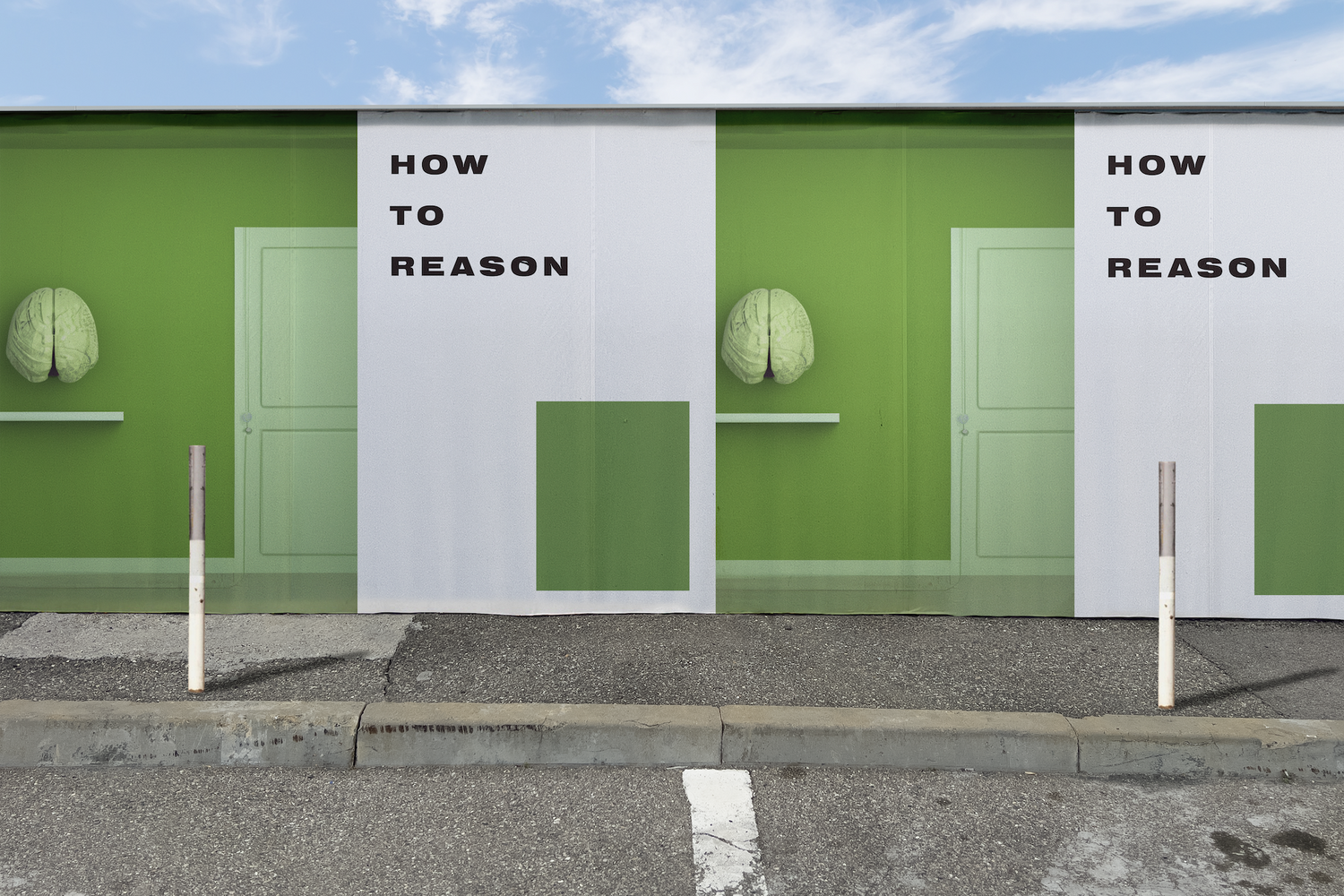Bayesian reasoning is a powerful tool to upgrade your critical thinking skills. It is an intuitive idea that was formalised into a theorem by Thomas Bayes in the mid-18th century, which revolutionised probability theory and has significant real-world application. In this article, we'll explain how to harness this theorem's power to improve your reasoning skills.
"When my information changes, I alter my conclusions. What do you do, sir?". This is a famous quip attributed to John Maynard Keynes. It raises a question at the heart of Bayesian reasoning: how do we incorporate new evidence into our existing beliefs?
Consider a simple example. Your friend offers to flip a coin: heads, you win $1, tails, you lose $1. You believe it's a fair coin and you have a 50/50 chance of winning or losing. Your friend flips the coin and you lose. They flip again, and you lose. Then again, you lose. They keep flipping, and you keep losing. After a while, you're going to start suspecting—weakly at first, and then increasingly strongly—that it's a biased coin.
Bayes' theorem captures this dynamic. It models how you should incorporate your initial belief that it is a fair coin (your "prior probability') with each additional piece of evidence that it's not a fair coin.
Now the technical bit. Bayes' theorem states that the probability of an event A, given that another event B has occurred, is equal to the probability of event B occurring given that event A has occurred, multiplied by the probability of event A, divided by the probability of event B. Mathematically, it can be written as: P(A|B) = P(B|A) * P(A) / P(B). But if maths isn't your thing, don't let that scare you; the key insight for critical thinking is the importance of focusing on the "prior probability" of an event.
For example, imagine you wake up with a sore throat. What's the likelihood that you have Coronavirus? That depends. If Coronavirus is running rampant in your society (i.e., there's a high prior probability of having Coronavirus), then you probably have it. However, if Coronavirus is under control (i.e., there's a low prior probability of having Coronavirus), then you probably don't have it. The prior probability is just as important as the evidence itself.
Consider another example. Suppose there's a very accurate test for cancer and you test positive. What's the likelihood you actually have cancer? Most people would think that since it's a very accurate test, it's very likely you have cancer. But as a good Bayesian reasoner, you should now know to enquire about the prior probability of that type of cancer. If it's an extremely rare cancer, it's relatively unlikely you have it, but if it's a very common cancer, it's relatively likely you have it.
Most people only focus on evidence (such as the positive test result), but Bayesian reasoners weigh the evidence against the prior probabilities. If you internalise this lesson, you'll develop a much more accurate picture of the world.
If you want to learn more about critical thinking directly from a world-class expert, check out our upcoming live course: How to Reason: An Introduction to Critical Thinking.
To create an optimal experience, the virtual classes are kept small. So be quick and enrol today!


Leave a comment
This site is protected by hCaptcha and the hCaptcha Privacy Policy and Terms of Service apply.